A new blood test approved by the Food and Drug Administration could help doctors diagnose concussions in adults.
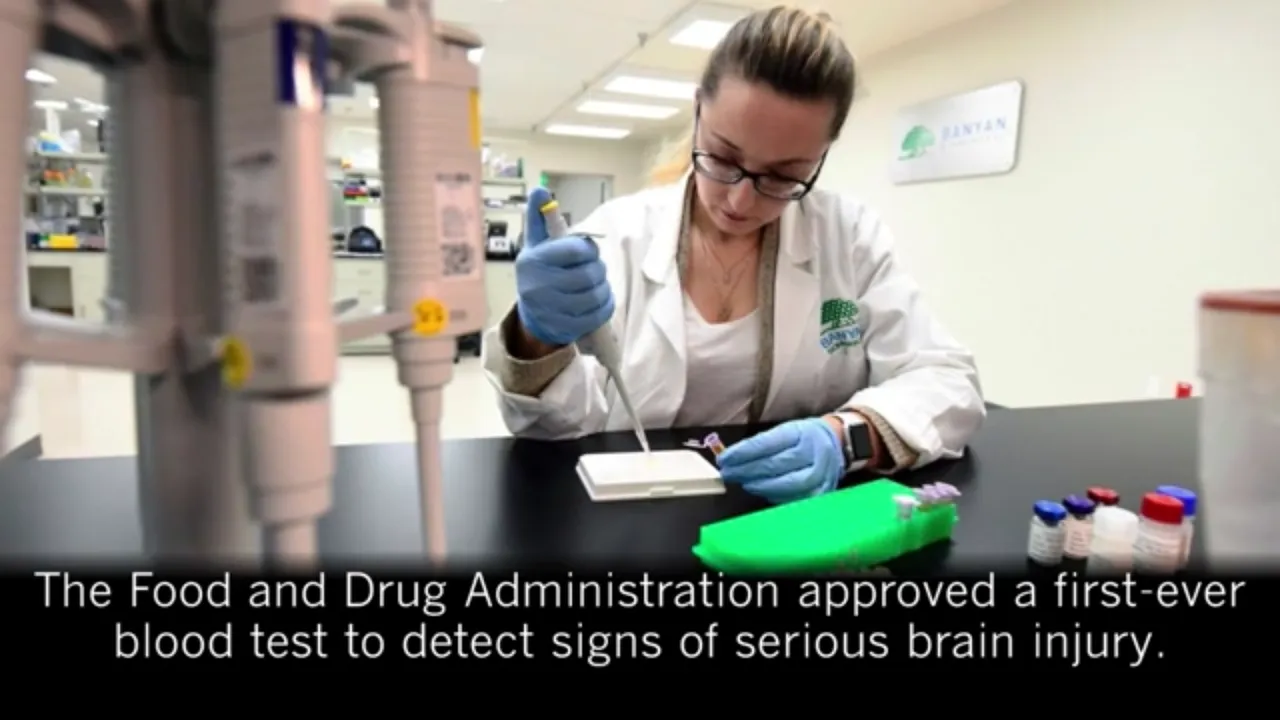
The United States Food and Drug Administration approved the first blood test to diagnose mild traumatic brain injury (mTBI) , commonly referred to as a concussion.
The new technique could limit radiation from unnecessary CT scans.
What is a CONCUSSION..?
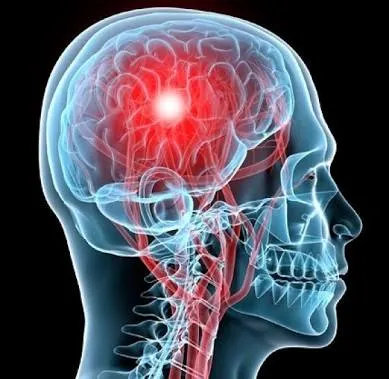
Concussion is the brain injury caused by a blow to the head or a violent shaking of the head and body. It is also called: MTBI, mild traumatic brain injury.

The brain’s parts are not uniform in size and density. So when this organ collides with bone, some parts of the brain will move faster than others. That can cause parts of the tissue to twist and get squashed. These movements can damage delicate nerve cells.
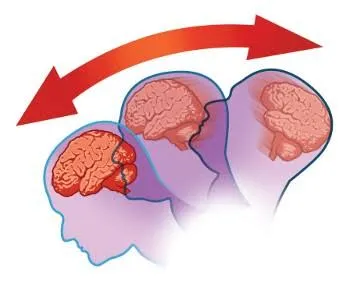
Those nerve cells, or neurons, are what relay signals inside our brains. They connect with each other through long, slender structures called axons. It’s these axons that a head injury can damage.
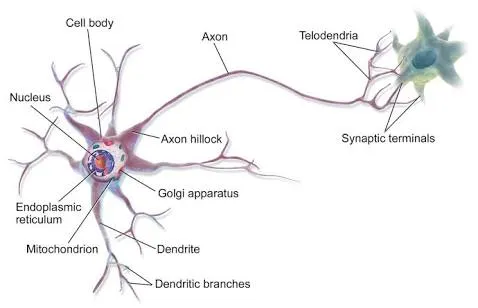
"When an axon is stretched or twisted, the cells to which it is a part may die. That is why symptoms of concussion may last for weeks to months".
The concussion is a traumatic brain injury that affects to the brain function. Effects are usually temporary but it can include headaches and problems with concentration, memory, balance and coordination.
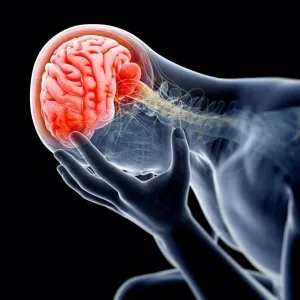
Some concussions cause you to lose consciousness, but most do not. Concussions are particularly common if you play a contact sport, such as football. Most people usually recover fully after a concussion.
Most people with a suspected head injury are examined using the Glasgow Coma Scale ( Glasgow Coma Scale is a neurological scale which aims to give a reliable and objective way of recording the conscious state of a person for initial as well as subsequent assessment ) , a 15-point neurological scale, followed by a computed tomography scan, or a CT scan for short. The scan can detect brain tissue damage called intracranial lesions. As the FDA notes, however, the majority of patients evaluated for concussion do not have detectable intracranial lesions after having a CT scan.
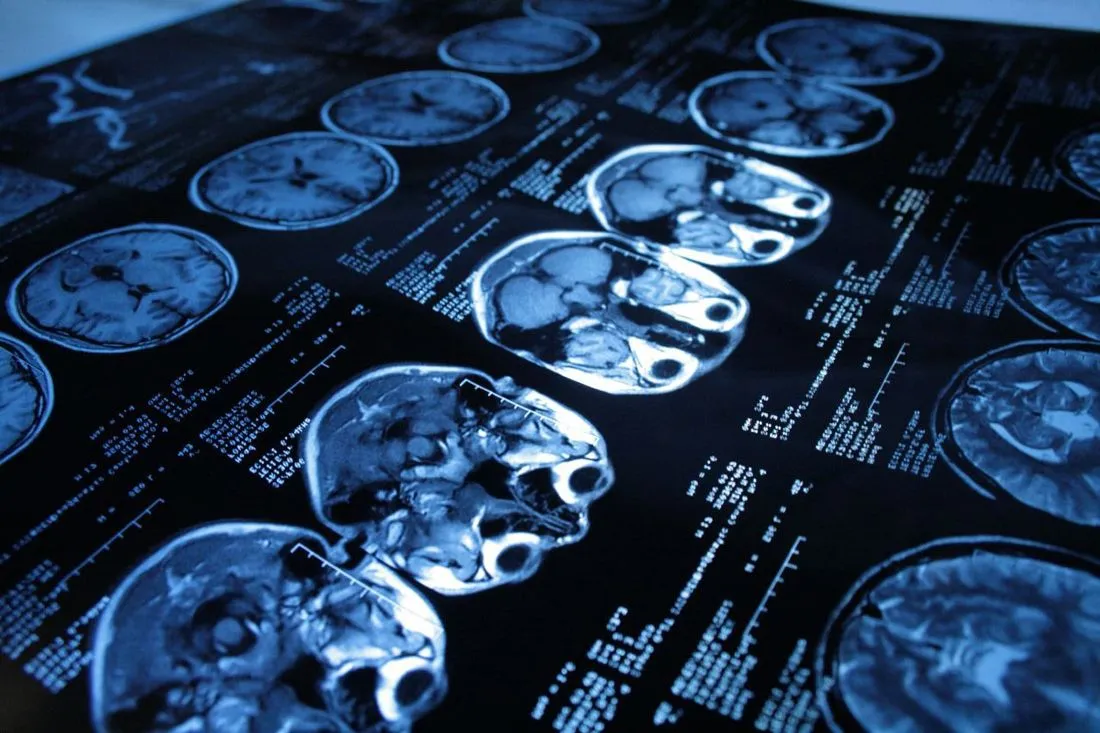
Advantages of the new Blood test..
1) The new blood test will help health care professionals determine if a CT scan is needed and could prevent unnecessary radiation exposure associated with neuroimaging.
2) This could be especially beneficial to athletes and other individuals that are routinely exposed to head trauma
3) The brain trauma indicator test identifies two brain specific proteins that appear in the the blood within 12 hours after brain injury.
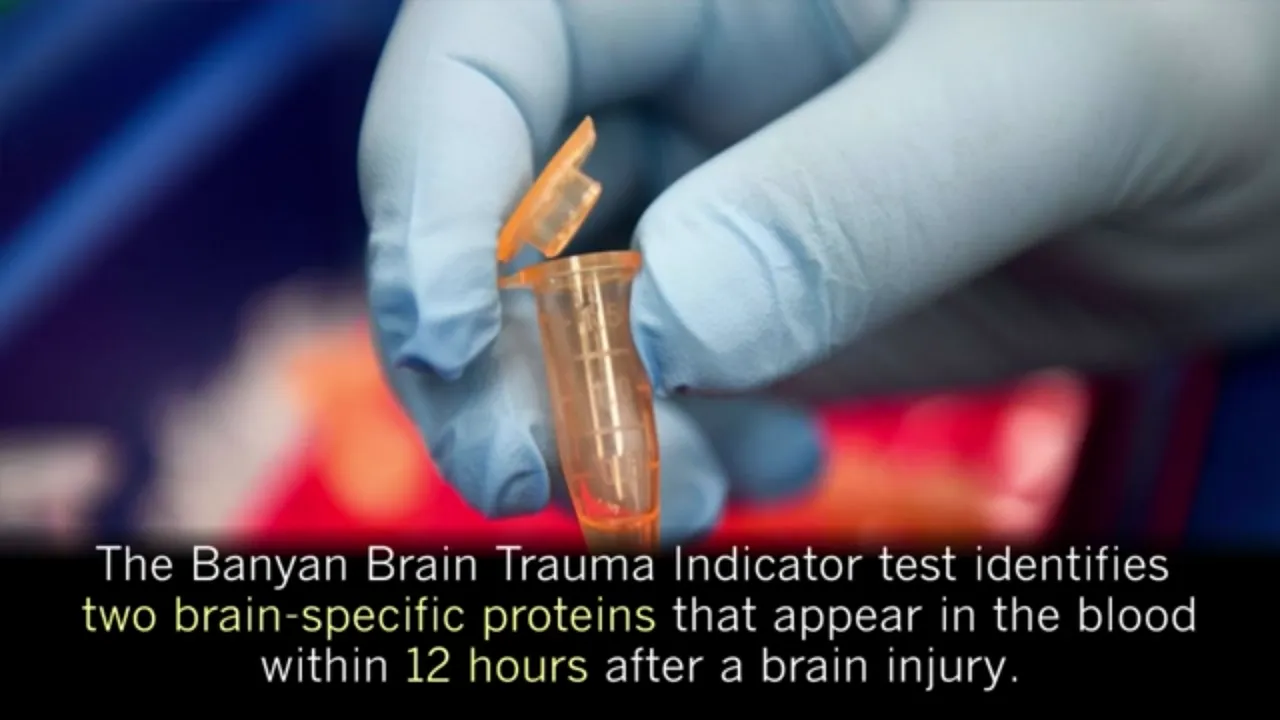
4) The proteins release from the braine into the blood and can help protect which patients may have brain lesions visible by CT scan and which will not.
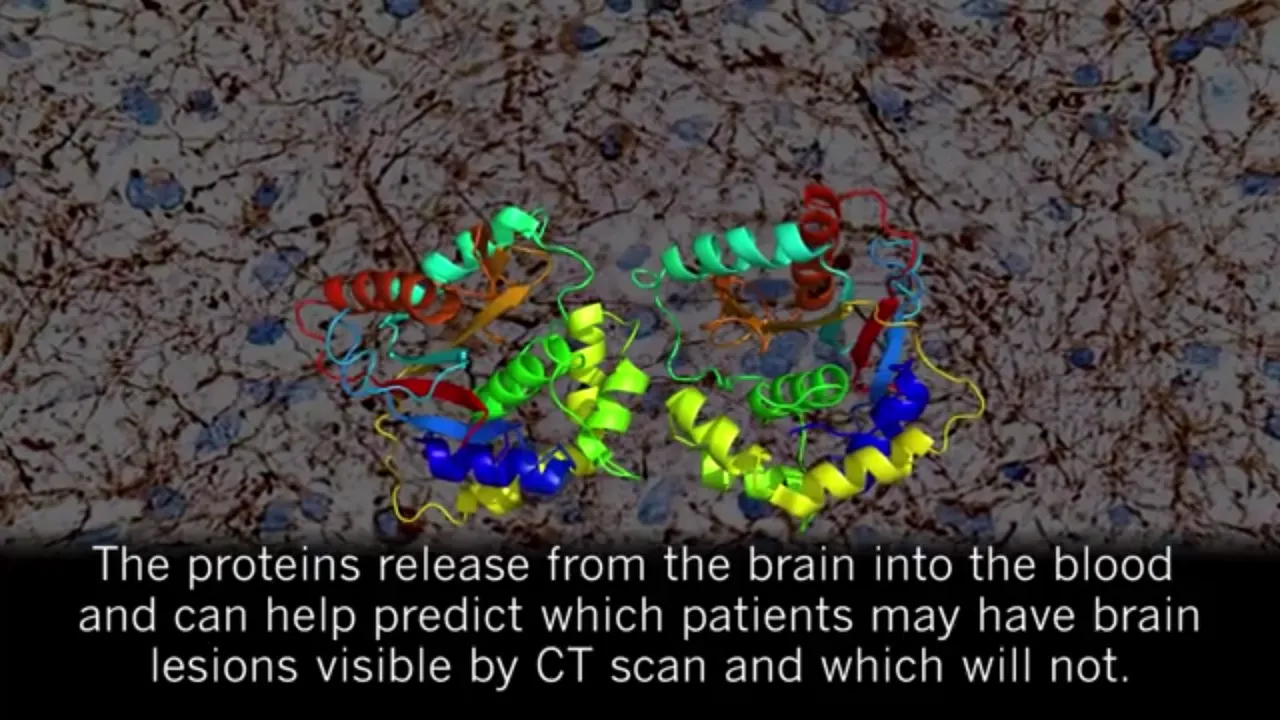
5) The FDA predicted the test would rule out the need for a CT scan in at least one third of the patients suspected of having mild traumatic brain injury.
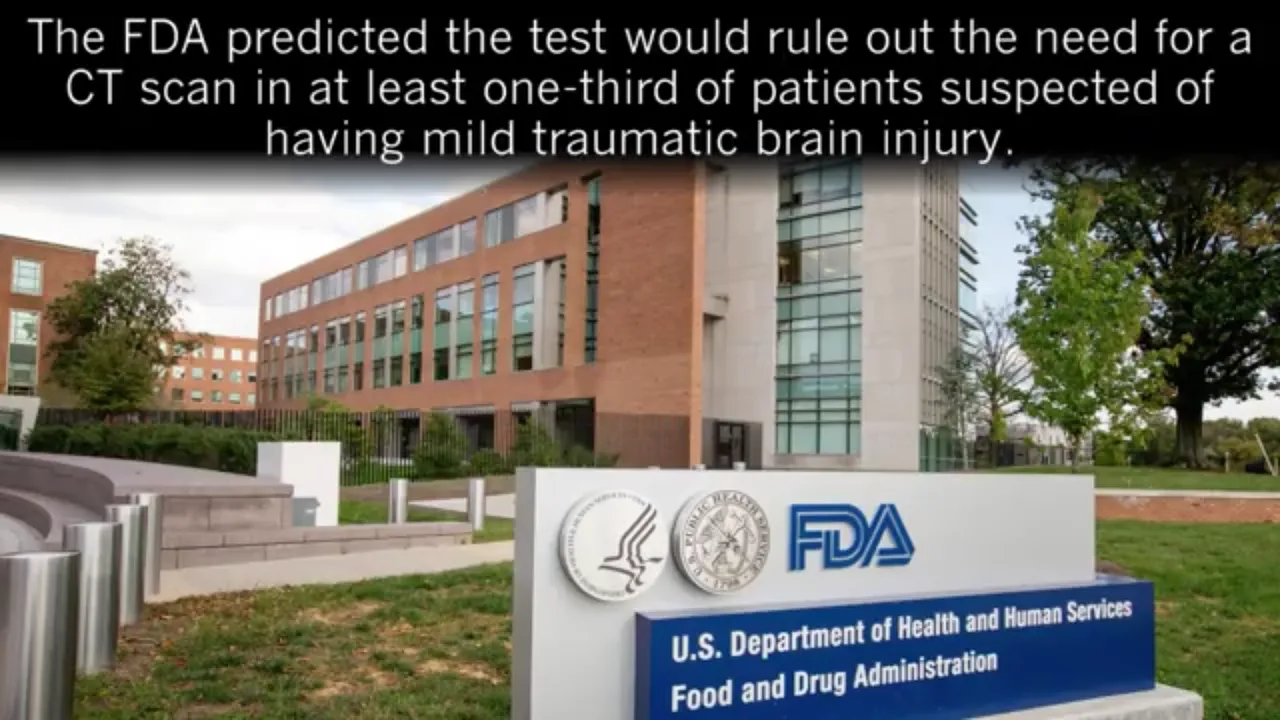
6) The test result currently can available within 3 to 4 hours.
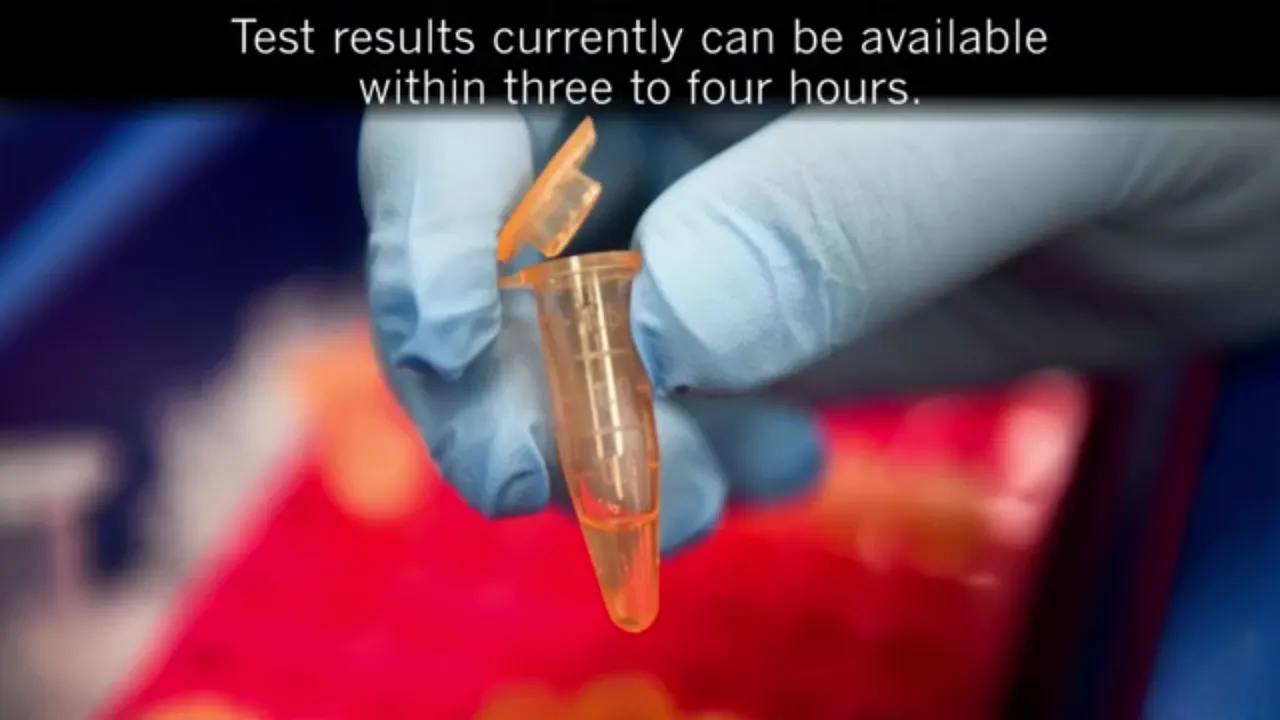
#reference: http://www.mayoclinic.org/diseases-conditions/concussion/symptoms-causes/syc-20355594
Thank you...